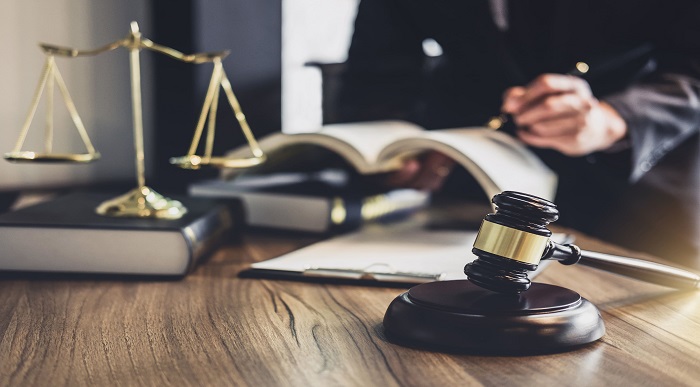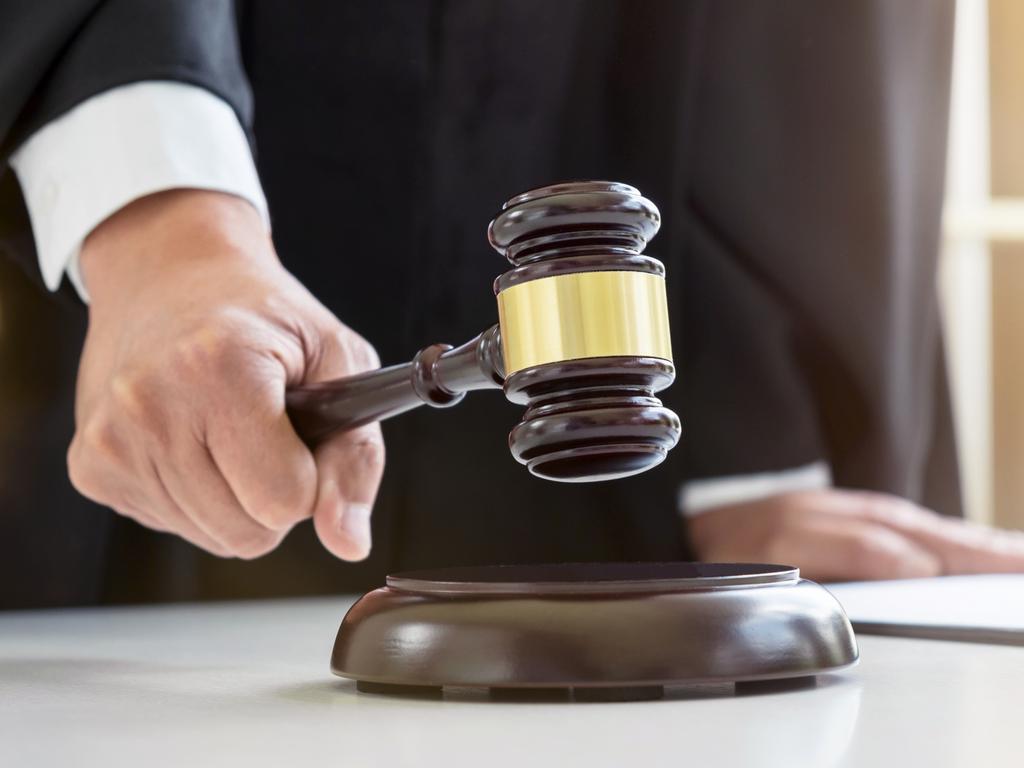Becoming a lawyer with a criminal record is possible, but it depends on various factors, such as the jurisdiction and the nature of the criminal offenses. While a criminal record doesn’t automatically disqualify someone from pursuing a legal career, it can pose challenges during the application process. Law schools often consider an applicant’s criminal history, and specific policies may exist regarding disqualifying offenses. Additionally, the character and fitness evaluation conducted by bar associations during the admission process may scrutinize an individual’s moral character, rehabilitation efforts, and the time elapsed since the offenses.
Full disclosure of a criminal record is crucial during the application process, as dishonesty can lead to denial of admission to law school or the bar. It’s advisable to research the jurisdiction-specific requirements and consult with legal professionals or the relevant bar association for accurate information.
How do law schools consider criminal history?

The consideration of criminal history in law school admissions can vary among different institutions. Law schools typically conduct a holistic review of applicants, taking various factors into account. Criminal history is one such factor, and its impact on an application can depend on several variables
Disclosure Requirements
Most law school applications require applicants to disclose any criminal history, including arrests, charges, or convictions. It is crucial to be honest and transparent in providing this information.
Nature of the Offense
Law schools often consider the nature and severity of the offense. More serious crimes may raise greater concerns, especially if they are directly related to issues of honesty, trustworthiness, or fitness to practice law.
Timing of the Offense
The time elapsed since the criminal incident can be a crucial factor. Generally, the longer ago the offense occurred, the less weight it may carry. Some law schools may have specific policies regarding the time frame within which offenses occurred.
Rehabilitation and Remediation
Law schools may consider evidence of rehabilitation, such as completion of probation, community service, counseling, or other efforts to demonstrate personal growth and responsibility. A well-crafted personal statement can be an opportunity to address and explain the circumstances surrounding the offense and highlight steps taken for rehabilitation.
Consistency and Honesty in Application Materials
Law schools value consistency and honesty in all parts of the application. Any discrepancies between the criminal history disclosure and other parts of the application may raise concerns.
Character and Fitness Evaluation
In some jurisdictions, law graduates are required to undergo a character and fitness evaluation as part of the bar admission process. The factors considered during this evaluation may overlap with those considered by law schools, and a problematic history may affect eligibility to practice law.
It’s essential to research the specific admissions policies of each law school to which you are applying, as practices can vary. Some schools may have more lenient policies, while others may take a more cautious approach.
If you have concerns about your criminal history, you may consider reaching out to the admissions office of the law schools you are interested in to inquire about their specific policies and seek guidance on how to present your circumstances in the best light.
What factors impact the character and fitness evaluation for lawyers?

The character and fitness evaluation is a crucial part of the process for individuals seeking admission to the bar and becoming licensed attorneys. The purpose of this evaluation is to assess an applicant’s moral character and suitability to practice law. The specific factors considered in the character and fitness evaluation can vary by jurisdiction, but common elements include:
Criminal History
Similar to law school admissions, the nature and severity of any criminal offenses play a significant role. Convictions for serious crimes, such as fraud, embezzlement, or violent offenses, may raise concerns. However, jurisdictions may have different standards for what is considered disqualifying.
Honesty and Candor
Consistent honesty and full disclosure in the application process are essential. Falsification or omission of information, especially regarding criminal history or other relevant matters, can be viewed negatively.
Financial Responsibility
Irresponsible financial behavior, such as bankruptcy, outstanding debts, or issues related to fiduciary responsibilities, may be considered. Some jurisdictions assess an applicant’s financial stability and responsibility to ensure they can manage their own affairs and, by extension, those of their clients.
Academic Misconduct
Instances of academic dishonesty or misconduct during law school can be a concern. Plagiarism, cheating, or other ethical violations may be examined.
Substance Abuse Issues
Past or ongoing substance abuse problems may be considered. However, many jurisdictions are increasingly adopting a more rehabilitative approach, taking into account an individual’s efforts at recovery and treatment.
Professional Misconduct
Any history of professional misconduct, whether related to legal practice or other professions, will be scrutinized. This includes ethical violations, malpractice claims, or disciplinary actions in other fields.
Mental Health History
While not all jurisdictions inquire about mental health history, some may ask applicants to disclose this information. The focus is often on whether a mental health condition could impact an individual’s ability to competently practice law.
Previous Denials of Admission
If an applicant has previously been denied admission to the bar in another jurisdiction, this may raise questions that need to be addressed.
Rehabilitation and Remediation
Efforts toward rehabilitation and remediation are considered positively. Completion of counseling, treatment programs, community service, and other actions demonstrating personal growth and responsibility can be crucial in mitigating concerns.
It’s important to note that the specific standards and processes for character and fitness evaluations can vary widely by jurisdiction. Applicants are encouraged to thoroughly review the requirements of the state or jurisdiction where they are seeking admission to the bar and to seek guidance from their law school’s career services or bar admission office if needed.
FAQ’s
Do criminal lawyers get paid well in Australia?
Criminal lawyers in Australia can earn competitive salaries, depending on factors like experience and location.
What criminal convictions prevent travel to the UK?
Certain criminal convictions, such as serious offenses or those resulting in a prison sentence of over four years, may restrict travel to the UK.
Can a foreigner become a lawyer in Australia?
Yes, foreigners can become lawyers in Australia by meeting the necessary requirements, including obtaining recognition of their qualifications.
Can I immigrate to Australia as a lawyer?
Immigration to Australia as a lawyer is possible through skilled migration programs, provided the applicant meets the eligibility criteria.
What crimes give you a criminal record in Australia?
A variety of crimes, ranging from minor offenses to serious felonies, can result in a criminal record in Australia.
What jobs can you not do with a criminal record in Australia?
Certain professions, such as jobs in law enforcement or roles involving vulnerable populations, may have restrictions for individuals with a criminal record in Australia.
Final Words
It’s important to be honest and open about your past when pursuing a legal career with a criminal record. Law schools and bar associations consider factors like the nature of offenses, rehabilitation efforts, and time elapsed.
Overcoming challenges involves understanding jurisdiction-specific requirements and seeking guidance from legal professionals. Transparency and research play key roles in navigating the path toward becoming a lawyer, even with a criminal record.

